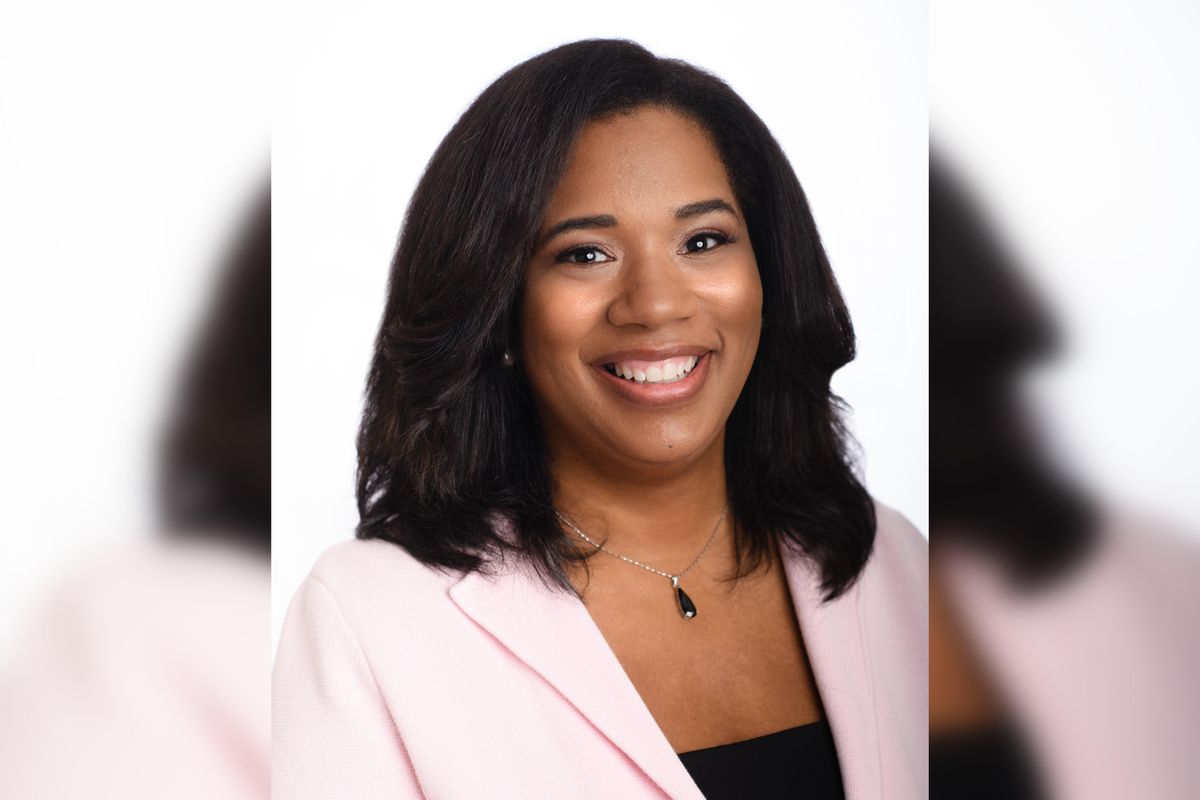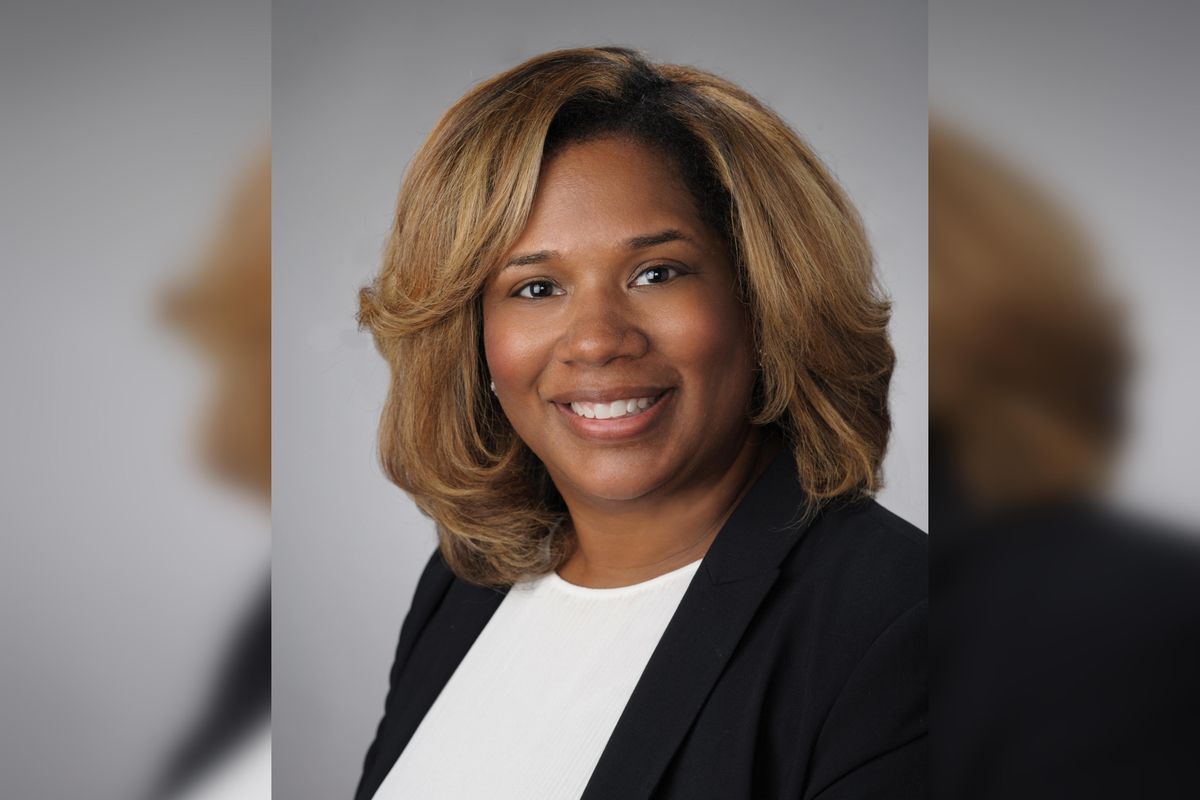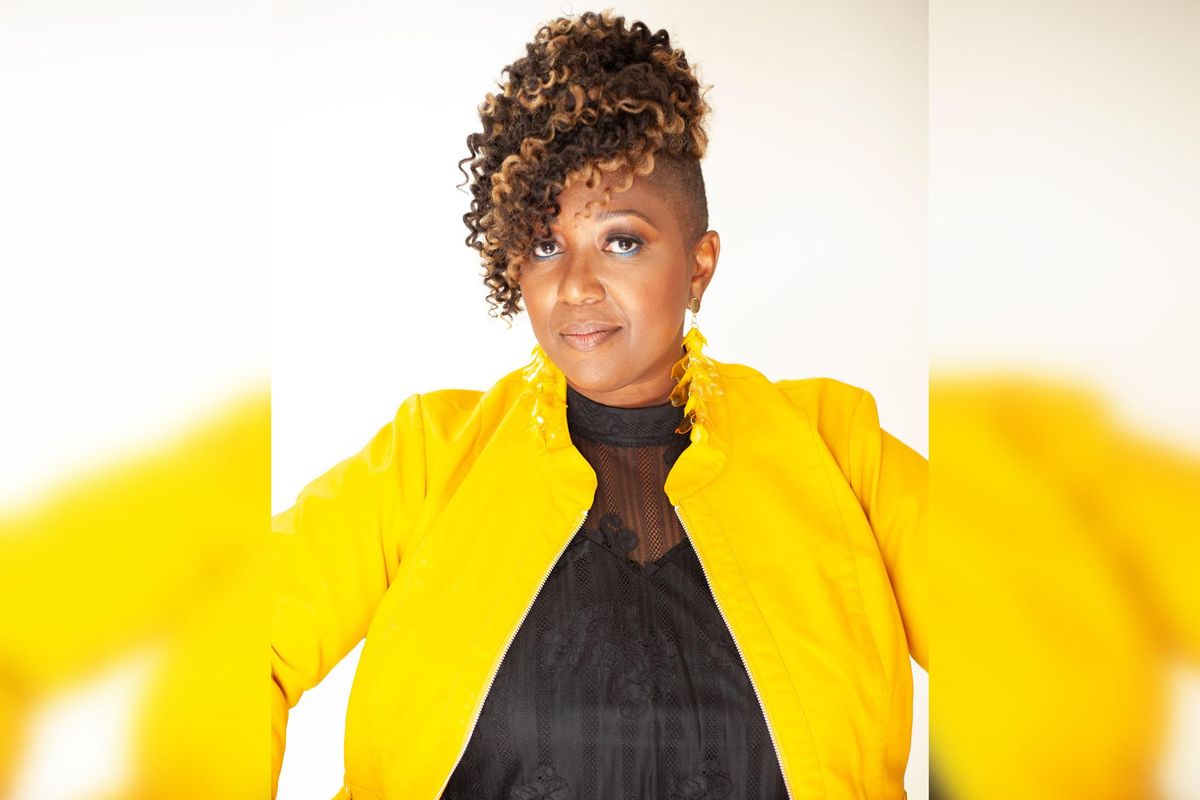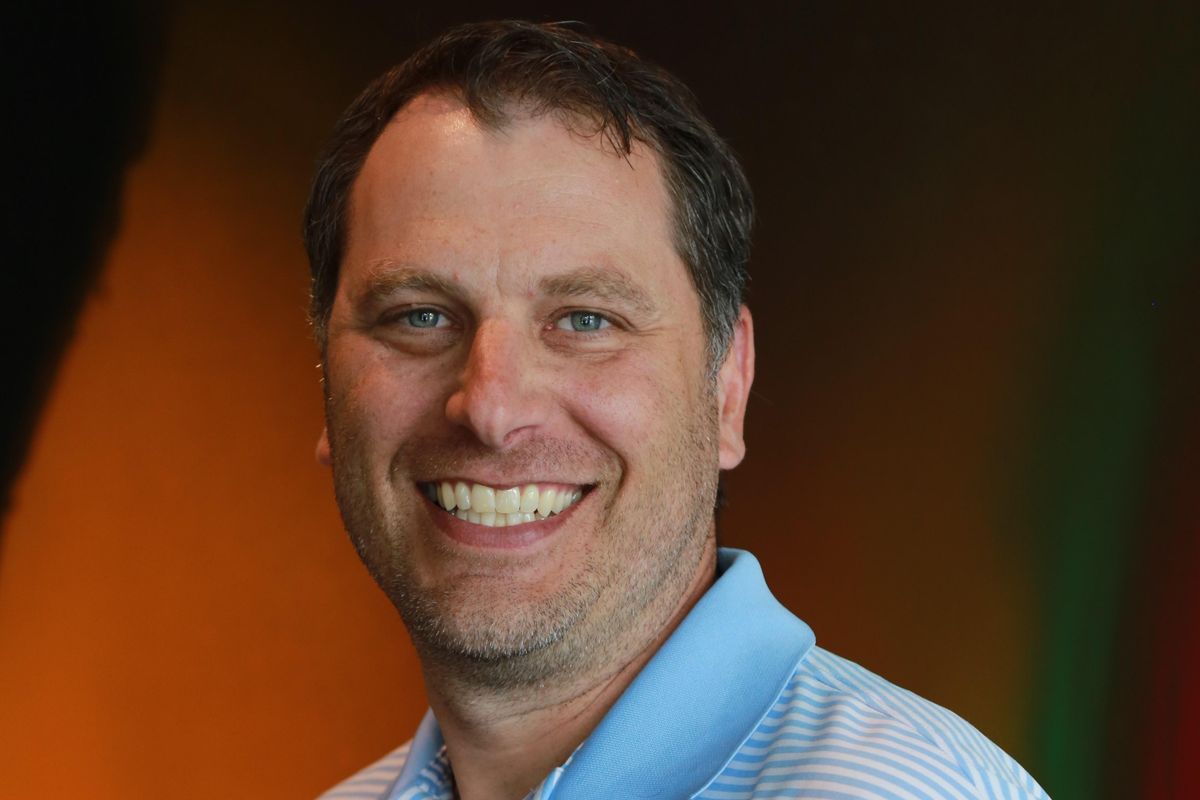Prioritizing diversity, equity, and inclusion within health care innovation goes hand in hand, according to Arianne Dowdell, vice president and chief diversity, equity and inclusion officer at Houston Methodist.
"I think we're in a very interesting time when we think about how health care looks. It's changing drastically and so people have a lot more options for where they choose to get their health care and who their providers are," she tells InnovationMap. "So I think that the thought of the patient comes first is really going to be the key of understanding how do we tackle health equity."
Houston Methodist, under Dowdell's leadership, is putting the patients at the forefront of the hospital system's priorities through its DEI initiatives — whether that's employee programs or training the future leaders of the health care industry through its DEI Summer Scholarship Program.
In an interview with InnovationMap, Dowdell shares more about these ongoing initiatives and her role, as well as the importance of DEI in innovative health care.
InnovationMap: Tell me a bit about your role leading DEI at Houston Methodist. What are you tasked with and why is it important to the organization?
Arianne Dowdell: In my role, I'm responsible for really leading the vision for unparalleled safety, quality and service, and innovation through the lens of DEI. And what that really means is thinking about how we execute our diversity, equity, and inclusion strategies. When we think about our employees, our patients as well as our community. So, my role is rather broad in scope. I oversee DEI for all of the Houston Methodist hospitals in the area and we year by year target and have certain goals of what we want to accomplish under each of those layers. When we think about our patients and our employees in the community.
IM: In what ways do DEI and innovation intersect?
AD: You know, the wonderful thing about innovation is that there is such a huge overlap with DEI. When we think about our patient care, we just start there and think about what we're doing with our new hospital that's opening.
For example, we talk about making it the hospital in the future. Part of that innovation piece means that we're meeting our patients where they are with the needs that they have. So, a lot of times we talk about equity versus equality and what people need and what we have to remember when we think about equity, especially with our patients and the fact that we serve such a diverse community, is making sure that those innovations that we're coming up with as we're thinking about the patients varies right in different aspects to make sure that every patient that comes in the door is receiving the very best care that they have. It's a great opportunity being at a hospital that's so innovative to make sure that we're considering our innovative technologies to meet the different patients that we have that are coming through our doors every day.
It doesn't matter if you're down here in the medical center or out in Baytown. The innovation and what we're thinking about and the technologies and the way that we communicate with our patients, all that is part of innovation, which helps our DEI initiatives become more successful in everything that we're doing.
IM: What are some of the initiatives you’ve gotten to spearhead so far in your tenure?
AD: Our department's been around for about two and a half years. And so there's a couple of things that we're really excited about that are ongoing, but we've seen a lot of traction and measurable results. One is the employee resource groups we currently have — I think we're at nine, maybe 10 at this point for our groups — and we have close to 2,000 employees that are part of the groups working to make sure that they are empowered in the workplace and have support, but we also provide professional development opportunities for them.
Another thing that we've started are solidified DEI training programs and actually going and working with departments, both those that are clinical and non clinical within the hospital on DEI related issues. That's been a big success for us as well. And we're really evolving those trainings to become more of educational opportunities as we really start to have a heavy focus on health equity moving into 2023.
We also have a comprehensive training communications program, so we communicate out all of our efforts at all of our hospitals. And so engaging our CEOs at each of those hospitals and making sure that we allow all of our employees to have a way of learning about the work that we're doing in various mediums has been something we've worked really hard to achieve. And we also have different DEI groups and committees at each of our hospitals. That's been a way for us to connect and have leaders at all of our hospitals that are supporting our overall system wide initiatives.
It's been really fun the past two years to have different layers of the work that we're doing, including our 25 million DEI Grant to different nonprofit organizations in the community to make sure that we're looking at all these different layers. As I had mentioned before, that touch on everything that we do. And we're also going to be hyper focused moving into next year of making sure that we diversify our cancer center as well. And so now that we've kind of laid that first layer foundation, it's really nice to see how the team is evolving and the work that we're doing and also using data to show the results of the work that we're doing. So, with two years under our belt, it's nice to have some of that information now.
IM: How is Houston Methodist supporting future leaders in health care?
AD: One of the things I really wanted to make sure that we started once COVID slowed down a little bit, was to give underrepresented students an opportunity to pursue careers in health care that are non clinical. A lot of people in college, they don't know about all the different aspects of what runs a hospital, right? And so I thought it was a great opportunity for us to launch this program that we started last summer.
We started with six students that received scholarship funding and they all fall below the federal poverty line is how we established what the criteria was along with grades, etc. but a really great opportunity for students to come here for ten weeks on a paid scholarship in various departments throughout the hospital to learn what those inner workings are, to then pursue careers, possibly in things like DTI, human resources, spiritual care, managed care. So it was really fun to watch the first cohort of students go through last year.
These are our future leaders and teaching them all about the aspects of what, like I said, runs a hospital. But when we think about care of our patients, how everyone is such an integral part to it. And so for going into this summer coming up, we've actually more than doubled the number of opportunities that will be available. So, we now have 17 spaces that are available for students and we're branching out to all of our community hospitals and we've reached out to more schools around the nation. And so I'm excited to bring in this next cohort of leaders to really begin to think differently about how we look at care overall and manage hospitals from a diverse aspect. It's been a great program and our leadership here at the hospital is also very engaged, which I love.
IM: What’s on your radar for 2023?
AD: So, 2023 is really going to be a focus on health equity. Establishing we've got various dashboards that we're establishing to track and monitor what we're doing, but also working with all 29,000 plus of our employees to help them understand what role they play in achieving health equity so we can focus on the role that our clinicians play. But it's equally as important for the people that work at registration to understand the importance of the questions that we ask to make sure we're meeting the needs of our patients when they call and set up appointments.
We will be really hyper focused on that. We'll also be leveraging even more of the work that our employee resource groups do. And so I'm very excited about that as well as they become more involved in the community. When you talked about prevention and education, a lot of the members of our ERGs are now out in the community and doing a lot of really great work. And so those are just two of the programs that I'm really excited about for 2023 that will be hyper focused on.
IM: Why is equity in health care so important and what does the industry need to do to accomplish it?
AD: I think we're in a very interesting time when we think about how health care looks. It's changing drastically and so people have a lot more options for where they choose to get their health care and who their providers are. And so I think that the thought of the patient comes first is really going to be the key of understanding how do we tackle health equity. Because when we look at all the different requirements from systems throughout the country, and then we look at results from what patients say, we have to spend the time to marry those two together.
At the end of the day, that still is our patient comes first — so how are we educating our future clinicians? Are we working with our med schools to make sure we're tackling that because we really have to look to the future generations? How are we reporting out our efforts and our outcomes is going to be important to. Keeping that patient centered focus is going to be key to achieving health equity. And also a lot of times we don't want to acknowledge what our shortcomings are. Know people always want to say this is where we excel, but really taking the time to acknowledge what can we do better, and doing those deep dives, It doesn't matter if you're a large health system or if you're one of the newer branches that's coming out. You have to take the time to really look at what those results are, to make sure you're measuring them to achieve those new goals. So I think that that's actually going to be the key to moving forward and making sure you keep politics out of it to the extent possible and really just stay patient. Focus is what's going to be necessary because people have choices for where they want to go for their health care. And I think we all have to be mindful of that.
------
This conversation has been edited for brevity and clarity.
editsharetrending_upeditsharetrending_up

 Houstonian and serial entrepreneur plans to scale nonprofit fintech toolThe sky's the limit for DonateStock, Co-Founder and CEO Steve Latham says. Photo courtesy of DonateStock
Houstonian and serial entrepreneur plans to scale nonprofit fintech toolThe sky's the limit for DonateStock, Co-Founder and CEO Steve Latham says. Photo courtesy of DonateStock







 Apple doubles down on Houston with new production facility, training centerPhoto courtesy Apple.
Apple doubles down on Houston with new production facility, training centerPhoto courtesy Apple.





